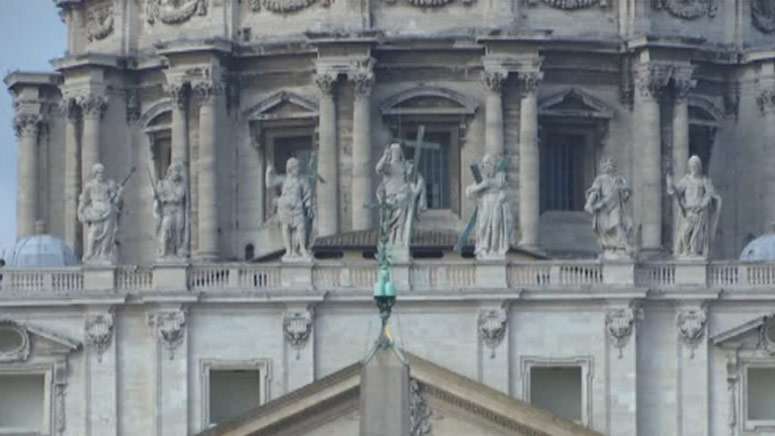Sorry, nothing in cart.
A report says China is suspected of hacking the Vaticans. Heres’s whys
A report says China is suspected of hacking the Vatican. Here’s why
A report says China is suspected of hacking the Vatican. Here’s why. When you think about cyber espionage, the Vatican doesn’t come to mind as an obvious target. It’s a tiny country whose leader has more moral authority than worldly power.
But China and the Vatican are expected to begin sensitive negotiations in September to a renew a secret deal over control of the Catholic Church in China. Chinese leaders may have been looking for an advantage — inside knowledge on how the Holy See planned to approach the bargaining table, according to a report released Tuesday by Recorded Future, a threat intelligence firm.
The names of the suspected groups, such as Mustang Panda and RedDelta, bring to mind the cloak-and-dagger world of the medieval Catholic Church, when the Pope dispatched powerful envoys to royal courts around the world. But the report is less Dan Brown than careful data analysis. It accuses China of using malicious software to slip into the Vatican’s internal networks.
“Our research uncovered a suspected China state-sponsored campaign targeting multiple high-profile entities associated with the Catholic Church ahead of the likely renewal of the provisional China-Vatican deal in September 2020,” analysts at Recorded Future wrote in a report released Tuesday.
Targeting the Vatican, the report continued, was part of China’s ongoing plan to seize control of the country’s underground Catholic church, whose leaders are not approved by the state-run China Patriotic Association.
The status of those churches and questions about who has the power to name bishops are at the crux of the negotiations between China and the Vatican. China also is keeping a close eye on the church’s stance on pro-democracy protests in Hong Kong, according to the report.
A spokesman for the Vatican declined to comment. The Chinese Foreign ministry did not immediately respond to a request for comment, but the New York Times, which first reported the story, said a Chinese official denied the report and called the accusations “groundless speculation.”



Leave a Reply